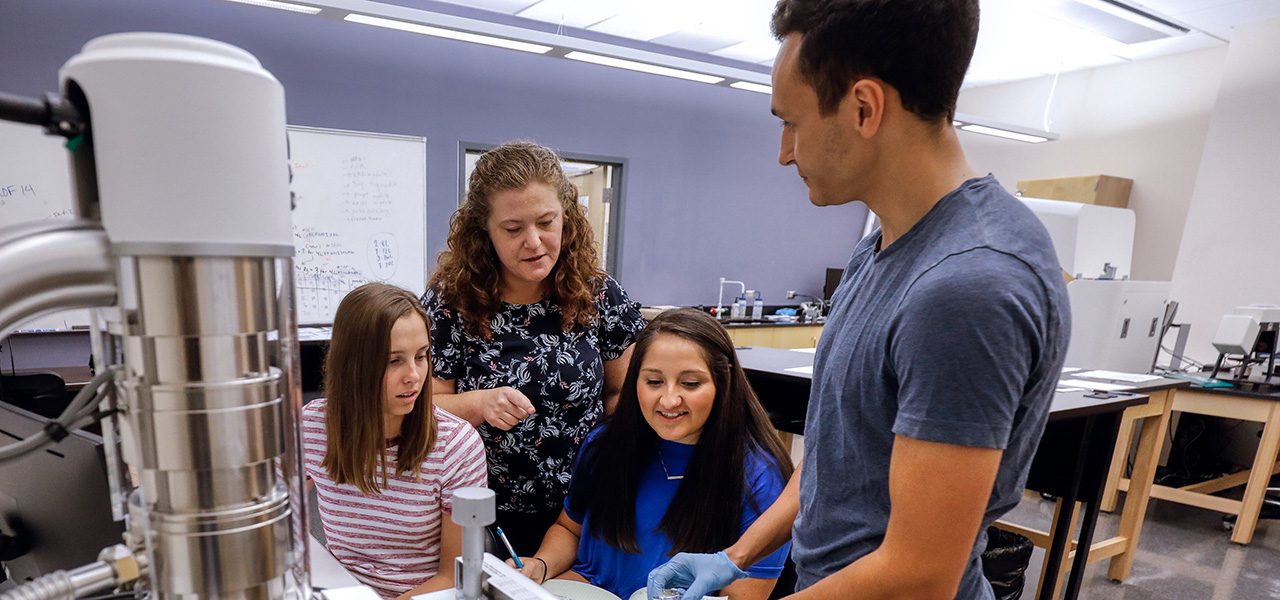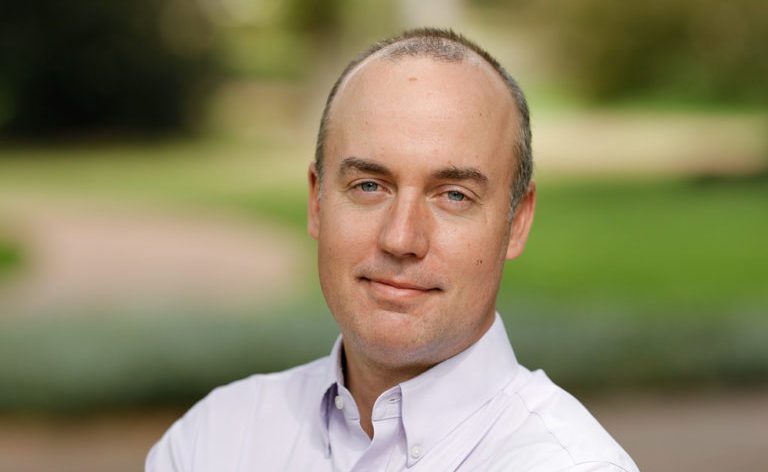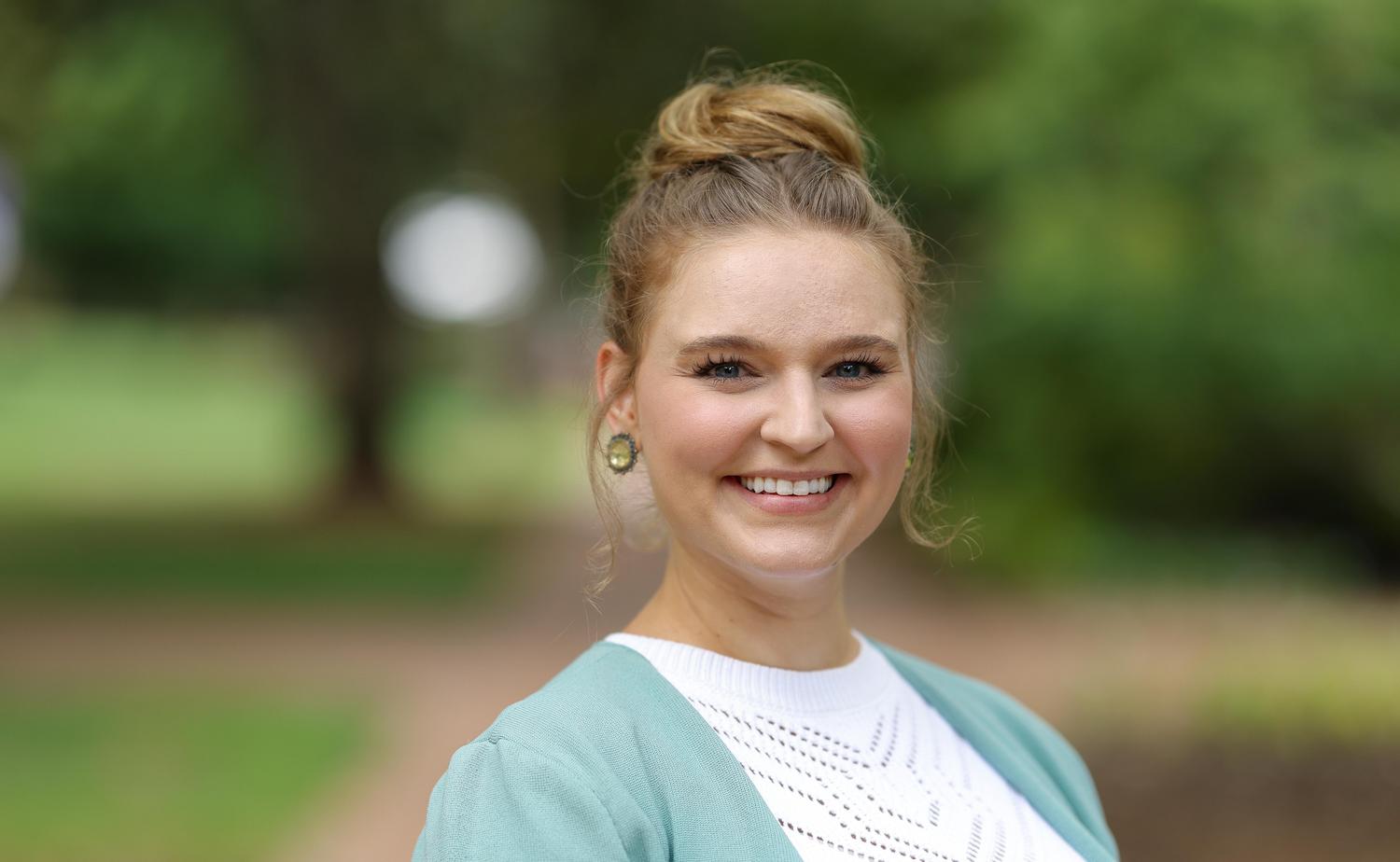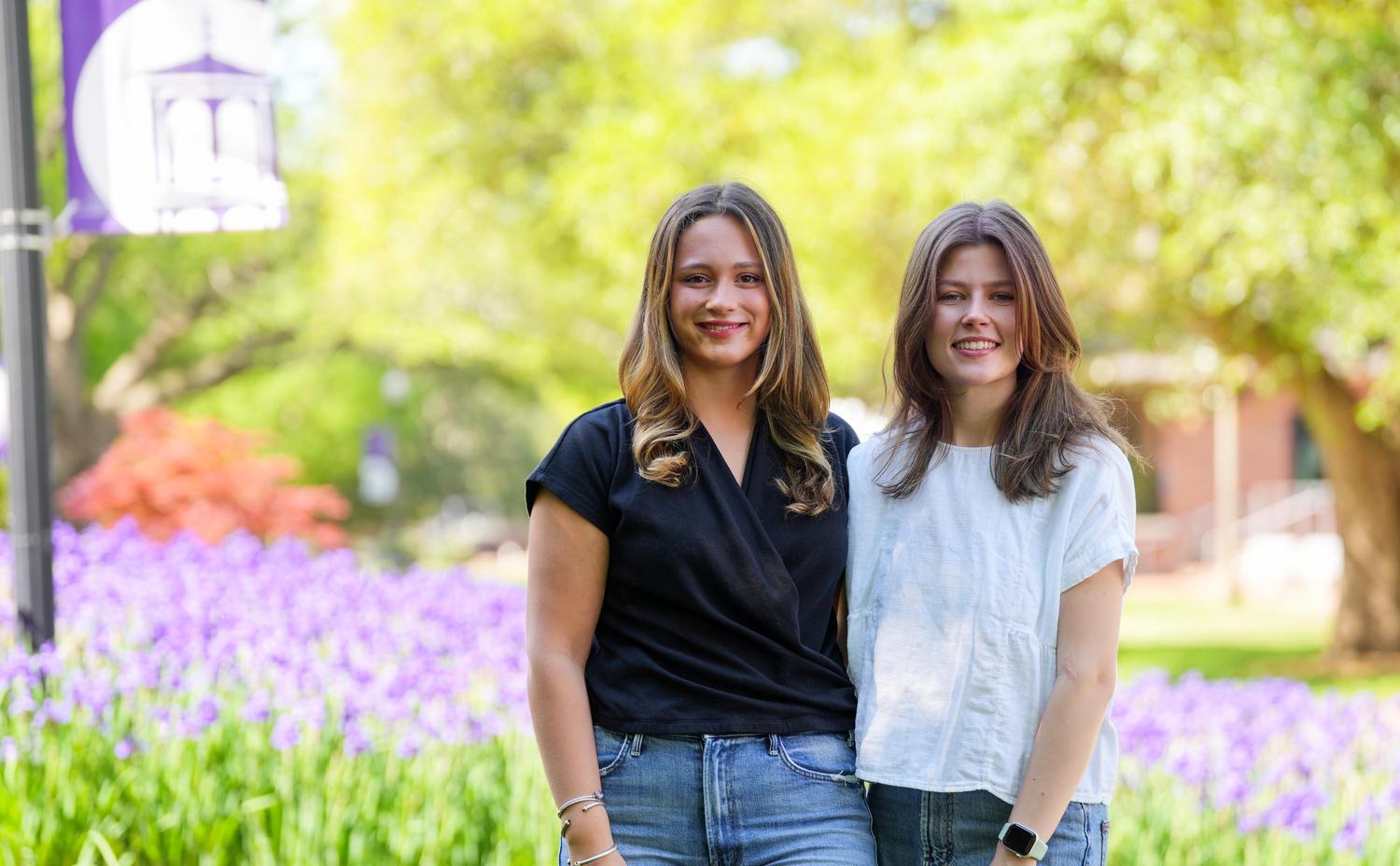Program Overview
Table of Contents
What is a chemistry degree?
Chemistry deals with matter, including how we identify, quantify, interact with, and transform various substances. Chemists study how atoms and molecules interact or react with one another, with the goal of understanding these processes so we can use them to create new materials. Often dubbed “the central science,” chemistry teams up with physics and mathematics to explain problems in other fields like biology, medicine and Earth science. A degree in chemistry helps to understand the world in which we live and to become better stewards of it. A Bachelor of Science in chemistry prepares students to create new things, solve global challenges, and discover new knowledge about the materials we interact with every day.
Why study chemistry at Furman?
Pursuing a degree in chemistry at Furman prepares you with the tools to solve global challenges related to health, security and energy independence. Partnering with research-active faculty, 100% percent of our students work in laboratories fully outfitted with modern instrumentation and technology – an experience that sets you up for an advanced degree or a career at some of the nation’s top graduate schools, medical schools and corporations.
Among Primarily Undergraduate Institutions (PUIs), Furman’s chemistry department offers one of the nation’s largest summer research programs for students to work alongside faculty members in an intensive and meaningful research environment.
Our focus on undergraduate research provides an experience that is rare across PUIs. You’ll conduct independent research projects typically reserved for graduate students at other schools. In fact, our students often present their research in partnership with faculty and graduate students from other institutions.
With a central mission to build creative thinkers and problem-solvers, the Department of Chemistry helps students acquire the skills to address current and future problems. Collaborate with professors to create entirely new realms of scientific and chemical knowledge. Plan a visit to Furman’s beautiful campus or start your application today.
How will you learn?
Research starts early for undergraduates at Furman. Begin the journey of intellectual exploration and discovery in your first year working with practicing chemists in laboratories equipped with cutting-edge instrumentation, such as two high-field, superconducting Nuclear Magnetic Resonance (NMR) spectrometers. In our research laboratories containing more than $5.6 million in assets, you’ll gain hands-on experience with equipment you’ll use throughout your career.
Home to the sciences at Furman, the Charles H. Townes Science Center is among the best undergraduate research facilities in the Southeast. The $62.5 million complex features multimedia classrooms, research and computer labs, the Sanders Science Library, and study lounges to support students and faculty.
Student researchers receive a stipend for their work – competitive pay and housing made possible through endowed fellowships and other funding sources. As a National Science Foundation-Research Experiences for Undergraduates (NSF-REU) site, Furman welcomes research groups from other institutions, expanding the network for chemistry students and faculty working on summer research. All summer researchers present their work in at least one professional conference outside of Furman, exposing them to the broader chemistry community. Some students also present at international conferences.
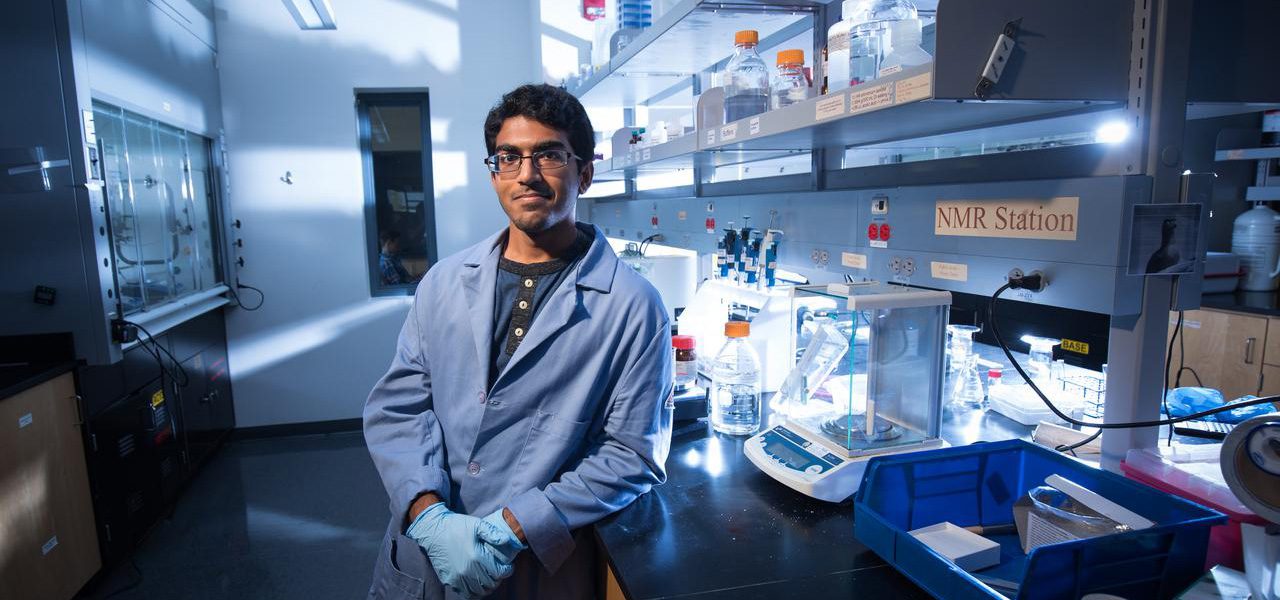
Careers for chemistry majors
As a chemistry major, you’ll become workforce- or grad-school-ready with finely tuned critical thinking, data analysis, quantitative reasoning, collaboration, instrumentation, and verbal and written communication skills. About 77% of our graduates seek advanced degrees after graduating Furman, and 23% of our graduates go directly into industry. Our alumni have landed positions such as:

- Chemist
- Physician
- Dentist
- Patent lawyer
- Quality assurance laboratory technician
- Operations analyst
- Quality control technician
- Clinical researcher
- College professor
- Management analyst
- Industrial engineer
- Registered nurse
- Social scientist
- High school teacher
- Clinical laboratory technologist
- Product development manager
- Technical sales and marketing representative
- Research manager
Featured chemistry courses
Across the three ACS-certified chemistry tracks available at Furman – chemistry (standard), biochemistry, or environmental chemistry – some sample courses include:
-
100%Chemistry majors who conduct research with faculty
-
No. 1Furman’s rank in the Southeast among Primarily Undergraduate Institutions (PUIs) for students who finish their doctoral degrees post-graduation
-
No. 5Furman’s national rank among PUIs who graduate ACS-certified chemistry majors
-
95Peer-reviewed papers from Department of Chemistry faculty in the last five years – the majority having student coauthors
What our students say
Our faculty
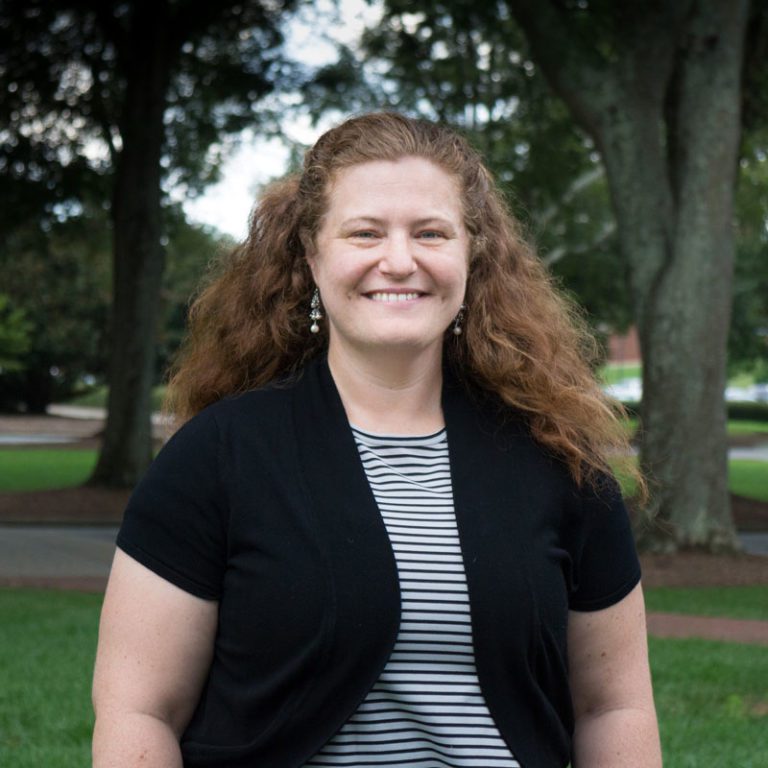
Mary Elizabeth Anderson
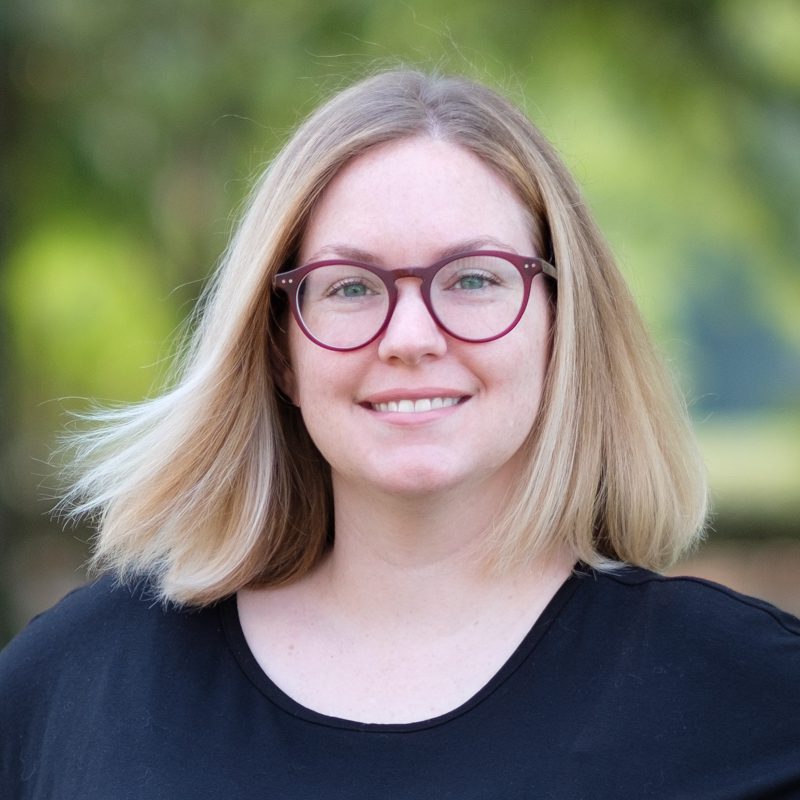
Meghan Breen
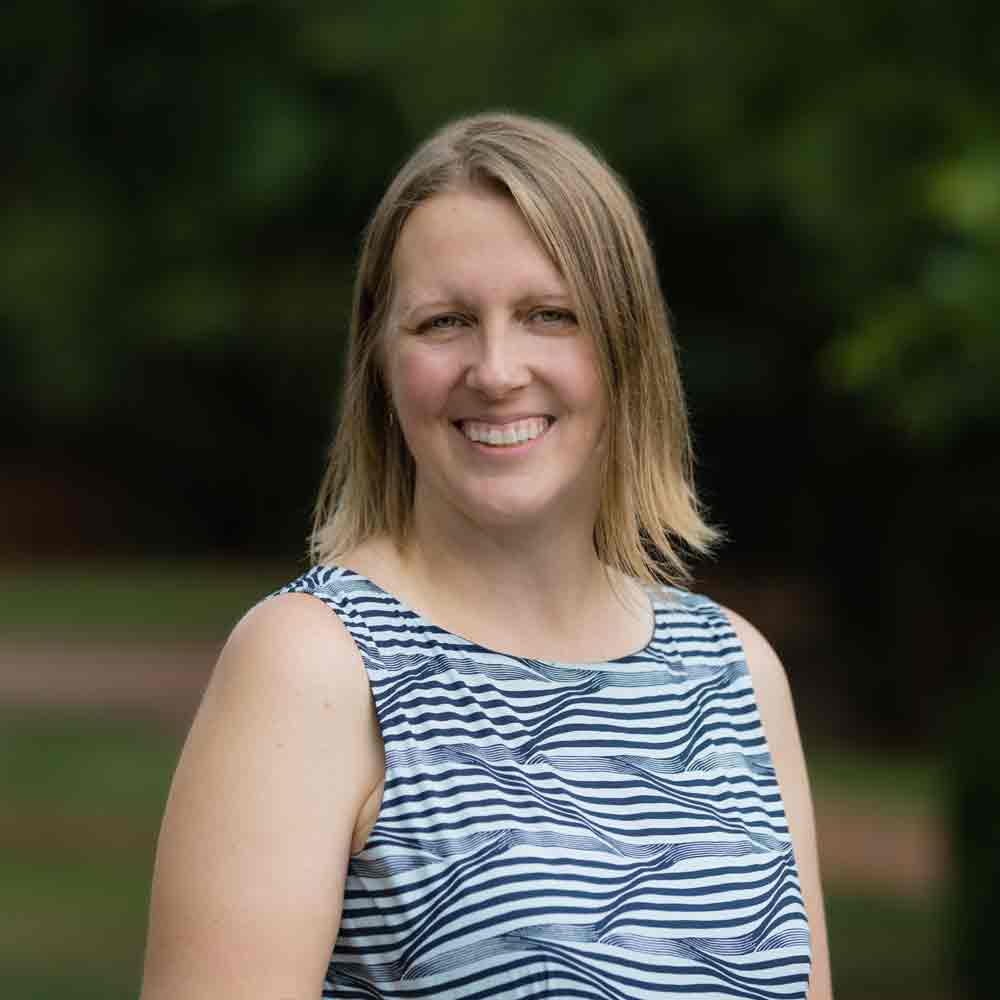
Karen Buchmueller
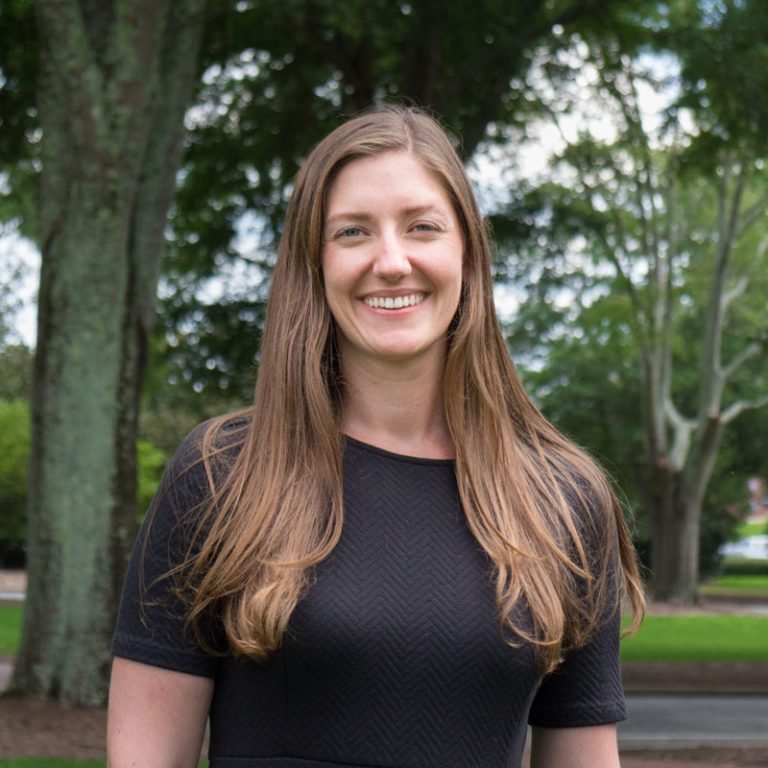
Mary Beth Daub

Brian Goess

Mac Gilliland

Timothy Hanks
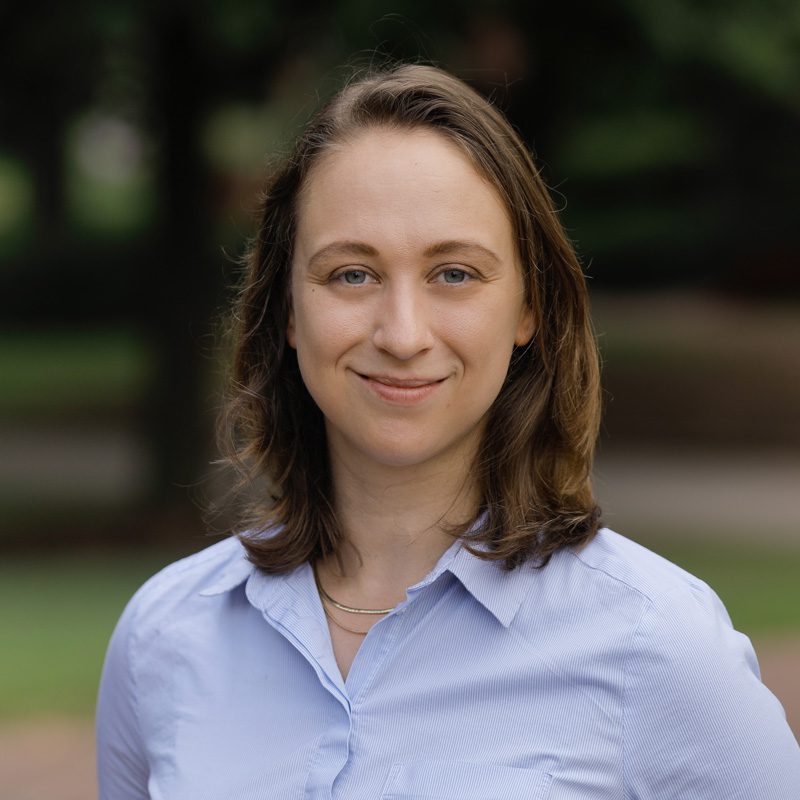
Lauren Jarocha
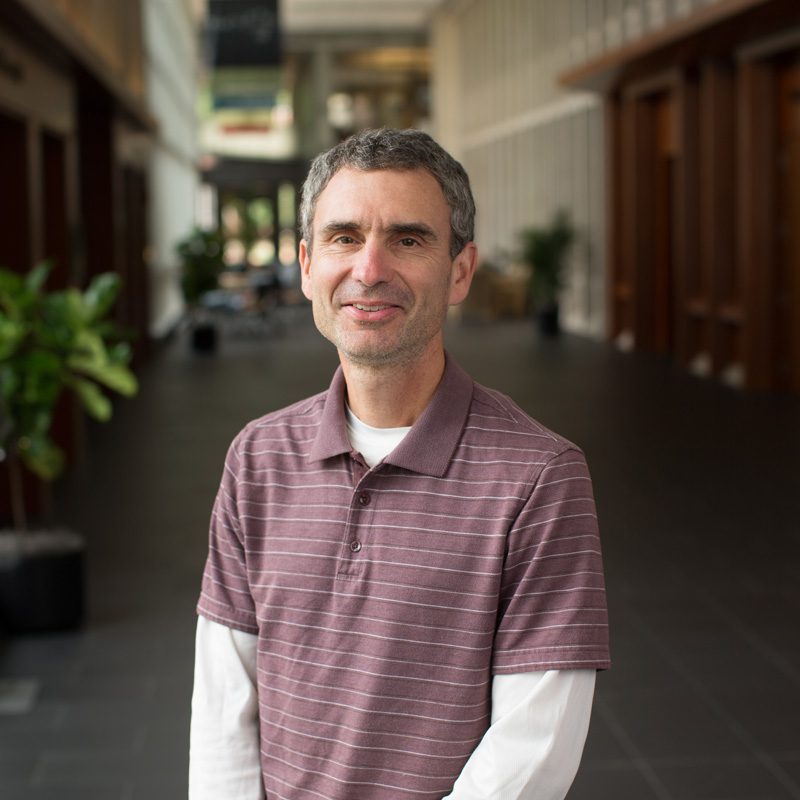
Jeffrey Petty

George Shields
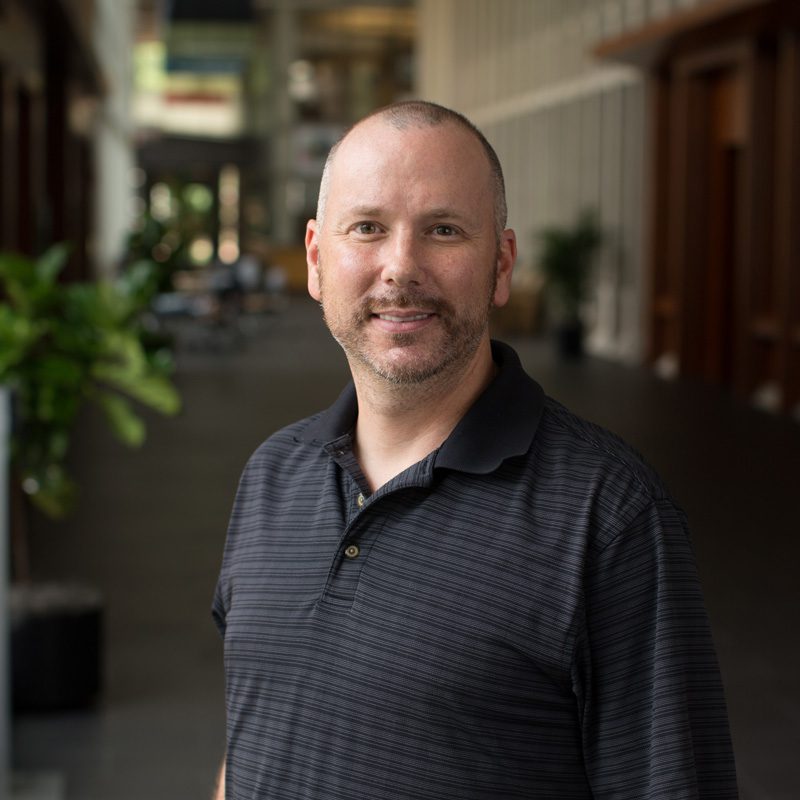
Greg Springsteen

Paul Wagenknecht

Chemistry Major F.A.Q.
An array of transferable skills such as critical thinking, data analysis, quantitative reasoning, collaboration, instrumentation, and verbal and written communication competencies position you for a wide range of career options. Most of our graduates seek advanced degrees, usually in chemistry, medicine or another STEM aligned field. Our chemistry majors have gone on to become chemists, physicians, dentists, patent lawyers, quality assurance laboratory technicians, operations analysts, clinical researcher, college professor, registered nurses, social scientists, high school teachers any many others.
According to the Bureau of Labor Statistics, a Bachelor of Science in chemistry commands an annual starting salary of $80,680.
Paired with faculty mentors, you’ll present findings on contemporary problems such as preparing and characterizing novel nanomaterials, understanding the chemistry of living systems, developing new energy technologies, expanding the toolbox for chemical and medical diagnostics, and synthesizing natural products and pharmaceuticals. In the last five years, 95 peer-reviewed papers have been published by Furman chemistry faculty, most of them with undergraduate coauthors.
In the past five years alone, we have sent more than 150 students to present at national research conferences. Since 2010, our undergraduates have co-authored scores of peer-reviewed manuscripts, including articles in prestigious journals such as Analytical Chemistry, Angewandte Chemie, Biochemistry, Inorganic Chemistry, The Journal of Chemical Education, The Journal of Organic Chemistry, and The Journal of Physical Chemistry. This experience ensures our graduates are well positioned for pursuing careers or earning advanced degrees in chemistry.
Three May Experience (MayX) courses are geared specifically for chemistry majors to prepare students for summer research, or for rising seniors who are gearing up for their theses. Or explore other MayX opportunities in places near and far. With careful planning and forethought, chemistry majors can seek semester-long study away options.
The chemistry B.S. at Furman is a four-year program.
Students may serve as a teaching assistant for one of the chemistry department’s labs, or serve as a tutor for the Catalyst program, a peer tutoring program of the student affiliate chapter of the American Chemical Society (ACS).
